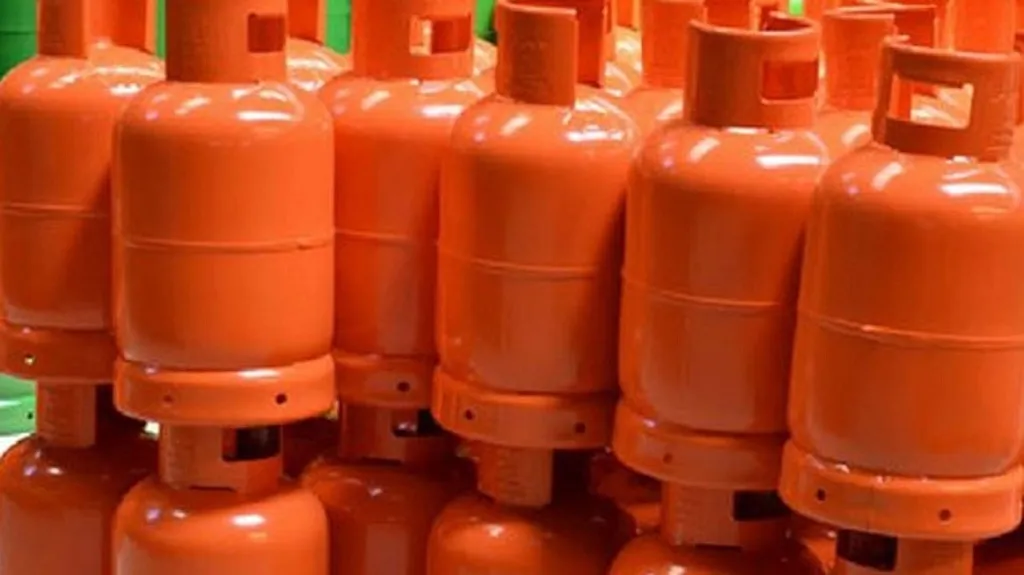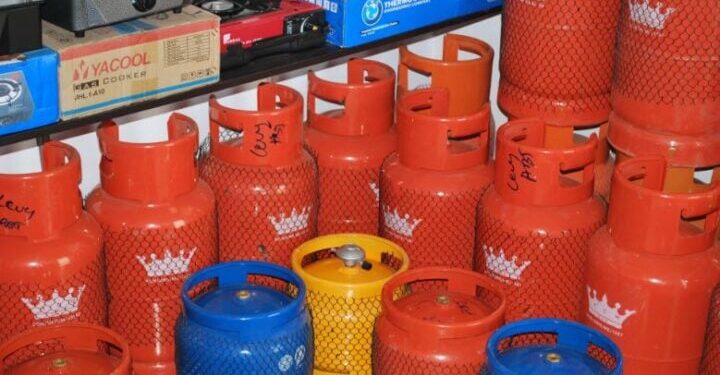In a time when Nigerians are growing used to price hikes that never seem to go down, it’s not surprising that many raised eyebrows when Ojulari said the cooking gas price surge was fake. The NNPCL boss made the statement while addressing concerns over the sudden spike in gas prices last week, insisting that the increase wasn’t real but a temporary ripple caused by panic and opportunism.
A Price Hike Built on Panic
According to Ojulari, the brief strike that disrupted loading and transportation for just a few days was enough for some sellers to exploit the situation. “Naturally, some people took advantage of the moment,” he said, noting that the chaos was short-lived and had no real basis in production or supply issues. In his words, the so-called surge was “relatively artificial.”
It’s not hard to see why Nigerians were skeptical, though. When prices rise in this country, they rarely come back down. But Ojulari’s explanation, that the cooking gas price surge was fake, sheds light on a deeper issue, the quickness with which some players in the energy market manipulate short-term challenges to make profit. The two-day strike shouldn’t have affected gas prices that sharply, yet many Nigerians paid almost double for what should have been business as usual.

Returning to Normal or Another Empty Promise?
Ojulari assured that operations have since normalized and that prices “should return to what they were before the strike.” But Nigerians have heard this before. Whether it’s petrol, diesel, or gas, every increase is often followed by a promise of reduction that never materializes. This time, the NNPCL boss sounded confident that oil production and gas distribution were back on track, even claiming the country was returning to “status quo.”
The question, though, is whether the public will see the effect at the pumps, or rather, at the cylinder refill stations. When people like Ojulari insist that the cooking gas price surge was fake, it’s a reminder that the real problem might not be the strike or the supply chain, but the deep-rooted culture of inflationary greed that thrives whenever Nigerians are distracted by uncertainty.
The Trust Problem
Nigerians no longer trust explanations from energy officials. When they hear “temporary” or “artificial,” they prepare for permanent price changes. The situation has become so predictable that every assurance of stability sounds like a polite warning of more chaos to come.
Still, if Ojulari’s claim holds water, and if indeed the cooking gas price surge was fake, then the country deserves to see a quick correction not another round of promises. Until prices drop back to normal, most Nigerians will keep believing that “fake” or not, they’re the ones paying the real price.

















